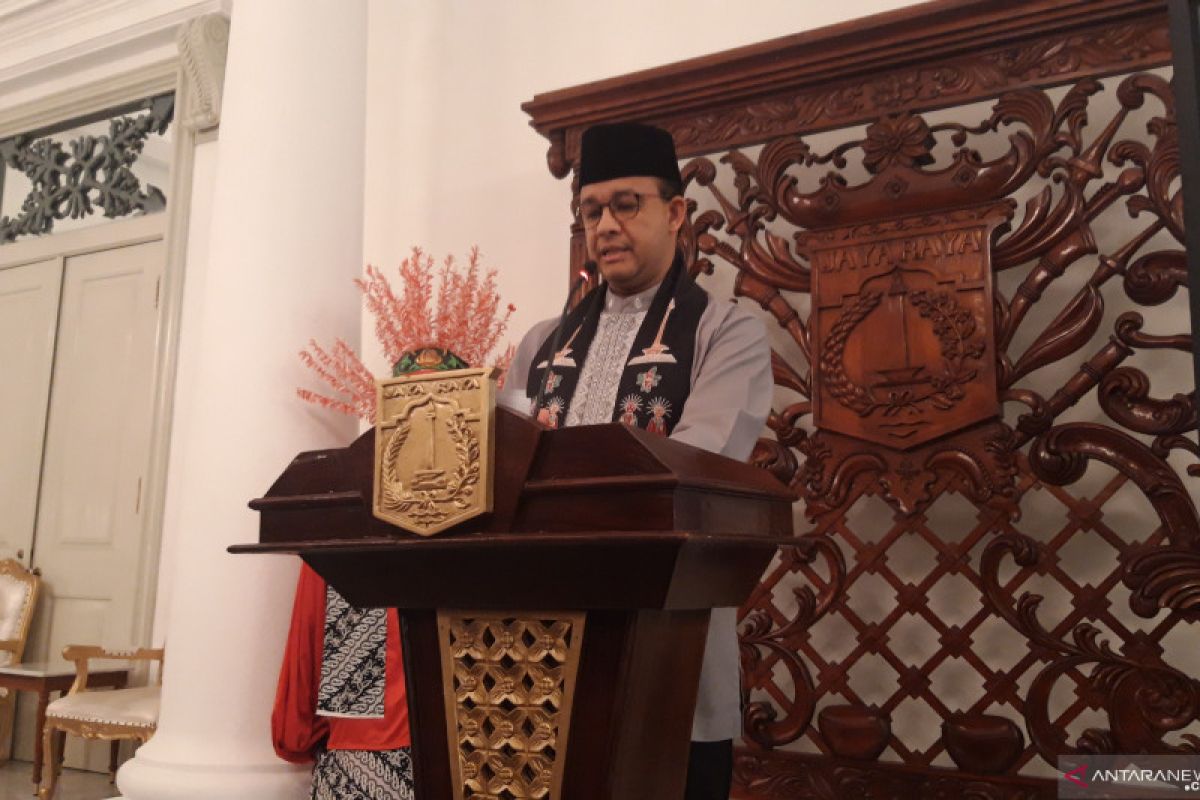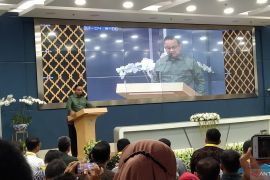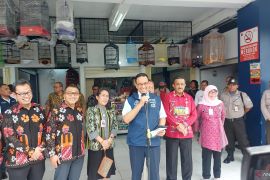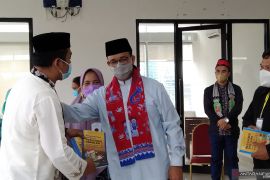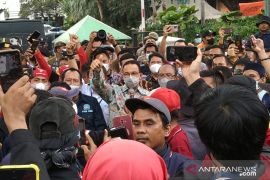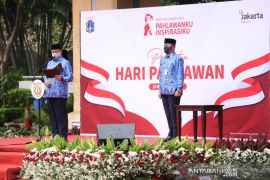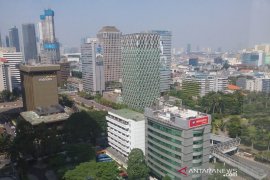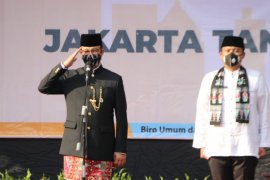I do not know the figures. That is why I do not say whether or not they are subject to violations. What I am just demanding is a review to ensure that the flue gas coming out of the chimneys does not trigger higher air pollution in Jakarta or in otheJakarta (ANTARA) - The Governor of Jakarta, Anies Baswedan, has ordered his men to inspect the flue gas stacks of industries operating in the capital city's areas to control greenhouse gas (GHG) emissions amid complaints of air pollution. The inspection on industrial chimneys in Jakarta was conducted to implement the Governor's Instruction Number 66/2019, he told journalists here Thursday regarding the Jakarta provincial administration's efforts to control the GHG emissions.
The Jakarta provincial administration has also asked the state-owned electricity firm PT PLN to inspect the chimneys of its steam-fueled power plants operating in areas near the capital city, he said.
Asked to comment on the GHG emission threshold that the government has determined for chimneys of industries and electric power plants, Baswedan said he was not aware of the figures.
"I do not know the figures. That is why I do not say whether or not they are subject to violations. What I am just demanding is a review to ensure that the flue gas coming out of the chimneys does not trigger higher air pollution in Jakarta or in other areas," he said.
Some 47 of the 114 manufacturing industries operating in the capital city's areas had received administration sanctions for their flue gas stacks causing environmental pollution, the Jakarta Environment Agency reported earlier.
The agency recorded that there are some 1,150 industrial chimneys in Jakarta.
Indonesia's total GHG emissions in 2013 were 2,161 million metric tons of carbon dioxide equivalent (MtCO2e), totaling 4.47 percent of global GHG emissions, as revealed in the USAID's official website.
Much of Indonesia's 2013 GHG emissions (65.5 percent) were from land-use change and forestry (LUCF), followed by emissions from energy (22.6 percent), agriculture (7.4 percent), waste (3 percent) and industrial processes (1.4 percent).
In 2009, Indonesia had pledged to reduce GHG emissions by 26 percent below the business as usual (BAU) level by 2020 through unilateral actions, and by 41 percent with international support, according to USAID's website.
Related news: Jakarta should use electric cars to improve air quality: Jokowi
Related news: Clean air experienced only 34 days a year in Jakarta
Translator: Ricky Prayoga, Rahmad Nasution
Editor: Suharto
Copyright © ANTARA 2019
